TBILISI, Georgia Aca,!" The emphasis on health care has continued to grow here with numerous reforms and modernizations to the health system. And while the system has improved in the almost 20 years since the country gained independence, the country inherited an aging infrastructure and ill-equipped medical personnel from the Soviet era.
Aca,!A"The physicians and nurses are really good people, but the facilities are rundown and there is literally no technology,Aca,!A? said Dr. H. Kenneth Walker of Emory University, Program Director for the Nursing Education Project in Georgia.
While ongoing reforms offer tremendous promises, there are many challenges in Georgia, including the extreme shortage of nurses and a lack of modern nursing education.
So to help improve the countryAca,!a,,cs health care system and make available high-quality medical services provided through well-trained nurses, the U.S. European Command teamed up with the U.S. Army Corps of Engineers, U.S Agency for International Development, Emory University and Chavchavadze State University to establish a modern learning center in the Academician Nikoloz Kipshidze Central University Clinic, better known as the Republican Hospital.
It is a partnership that can only thrive with the support of all participants, said Charles Brady, EUCOMAca,!a,,cs Humanitarian Assistance program manager.
Aca,!A"We all bring necessary resources to the table Aca,!" EUCOM and USAID provide funding; the Corps supplies construction capabilities and the universities offer training programs Aca,!A| This project can only succeed with the support of every single participant,Aca,!A? he said.
Funded through EUCOMAca,!a,,cs HA program and a grant from USAID, and constructed by the Corps of EngineersAca,!a,,c Europe District, the center will be a place where nurses and other health care providers can learn the most modern methods of delivering health care, said David Colberg, the Europe DistrictAca,!a,,cs EUCOM program manager.
USAIDAca,!a,,cs contribution to the project will also cover short- and long-term nurse trainings for two years, manikins and other training and simulation materials, as well as technical assistance to the Georgian Ministry of Labor, Health and Social Affairs to define the roles of nurses in transforming the health care sector.
And the instruction of medical practitioners is one of the highest forms of education a country needs and one of the most rapidly changing fields around the world, said Rear Adm. William Brown, EUCOMAca,!a,,cs director of logistics during a visit to the hospital.
Aca,!A"Georgia is a very important country to us,Aca,!A? he said. Aca,!A"The U.S. and Georgia have a strong working relationship based on mutual respect and an open exchange of ideas and this project only furthers to strengthen our friendship.Aca,!A?
Nurses are crucial caregivers and leaders in every facet of the health care sector Aca,!" rural areas, outpatient clinics, hospitals, primary care and public health Aca,!" and the nursing workforce is a vital foundation for the health care sector of any country, said Fernando Cossich, the EUCOM-USAID senior development advisor.
Aca,!A"The introduction of well-trained nurses into the health care sector has significant implications for all the people of Georgia,Aca,!A? Cossich said. Aca,!A"The nurses will offer quality, lower cost health services to underserved populations through health promotion, disease prevention and management of chronic conditions.Aca,!A?
Currently, Georgian nurses receive training beginning in the ninth grade for three years. The program will be a revolution through the development of this learning center, which has never been used before in a transitional country such as Georgia, Walker said.
While the current program is housed in only a small office room and classroom at the hospital, the Corps of Engineers will renovate about 750 square meters (8,072 square feet) of the hospital to accommodate the new program.
The roughly $400,000 project will provide a renovated space to the simulation center, clinical skills laboratory, classrooms, distance learning, telemedicine and library/media center, said Stanley Young, the Europe District project engineer.
Construction is expected to begin in summer 2010 and is scheduled take less than 300 days. Once renovations are completed, Emory University and Tbilisi-based Chavchavadze State University will team to establish a modern curriculum.
The program will be a revolution and serve as an example of how to elevate health care exponentially throughout a country, Walker said. The program will consist of three months of training and is anticipated to turn out more than 1,000 nurses each year.
Aca,!A"ItAca,!a,,cs a big number, but to have an impact, you canAca,!a,,ct just produce 10 nurses a year,Aca,!A? he said.
The immediate goal, according to USAID, is to improve the capabilities and skills of nurses practicing throughout the country through a comprehensive training program that includes management skills as well as how to provide continuous in-service education in their respective hospitals.
Eventually, Emory University hopes to establish a degree-granting school of nursing in cooperation with the government to help improve the profession over the long term, according to USAID.
Aca,!A"Through this program, the quality of health care throughout Georgia will increase exponentially,Aca,!A? Walker said. Aca,!A"The training of nurses and physicians in emergency medicine are very important for our clinic and the whole country.Aca,!A?
There are over 4.4 million people in Georgia with life expectancies of 69.8 years for men and 78.99 years for women, according to Georgian national statistics (2008). Additionally, about 30 out of 1,000 children die before the age of 5, according to World Bank data (2007).
Aca,!A"We should all be thankful for the vision of our leaders to produce this program. I thank the leaders who have the vision to make changes that will last forever,Aca,!A? Brown said. Aca,!A"ItAca,!a,,cs happening because it should happen and we are proud to commit to this partnership.Aca,!A?
Related Links:
Ilia Chavchavadze State University
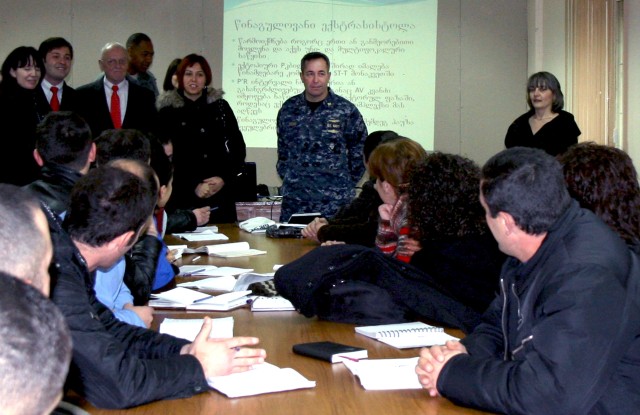
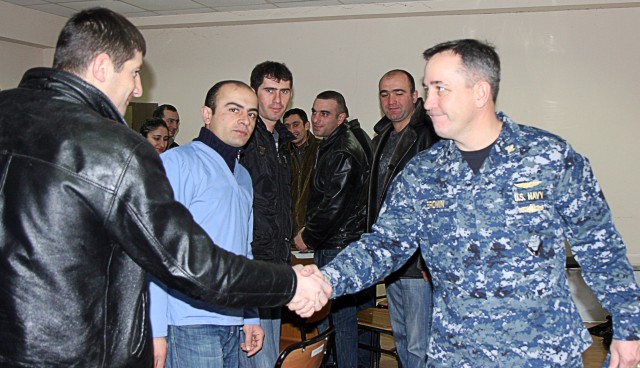
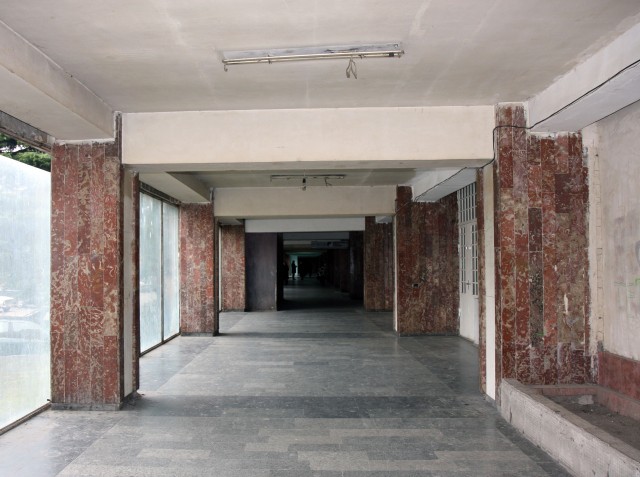
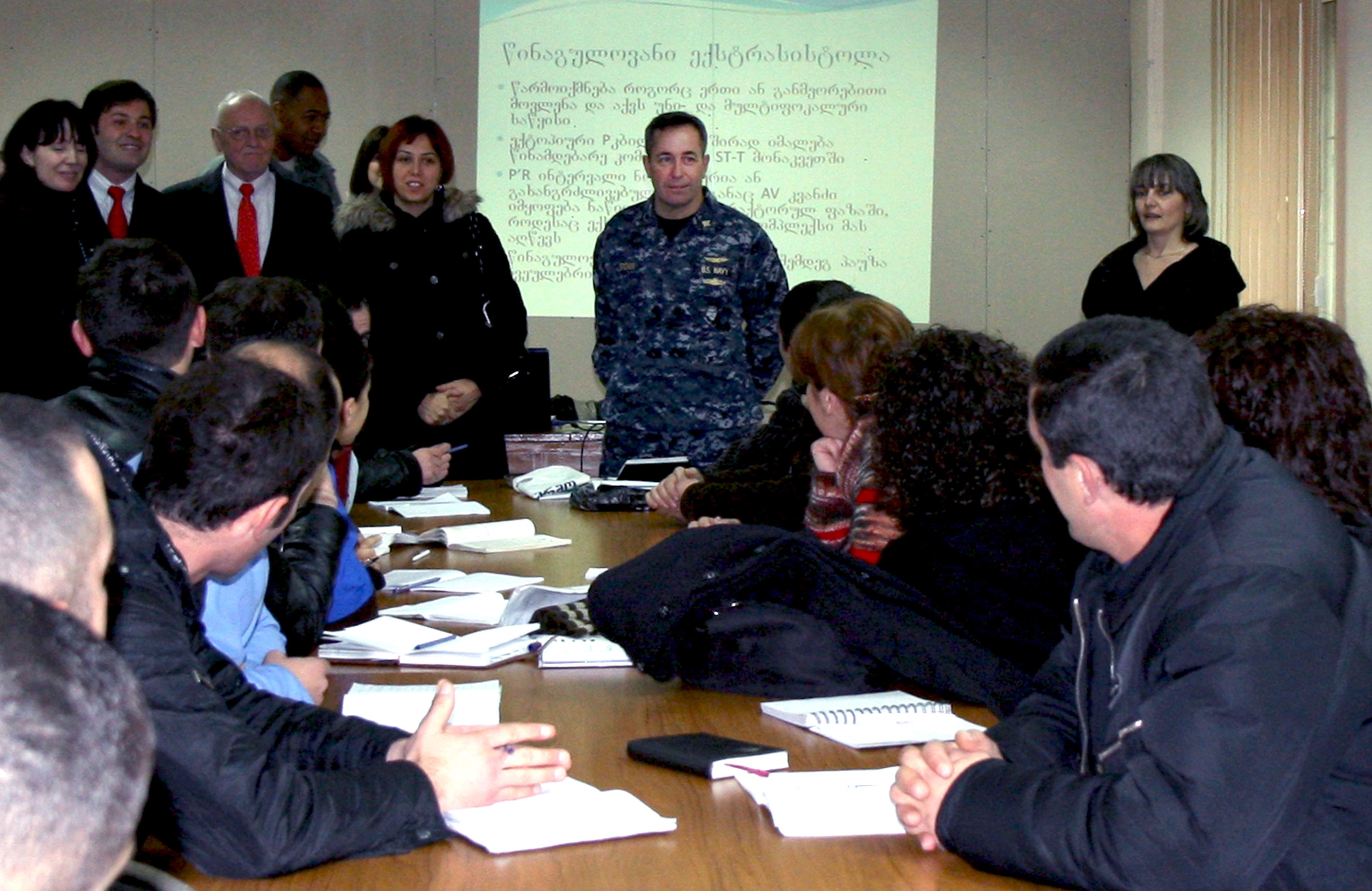
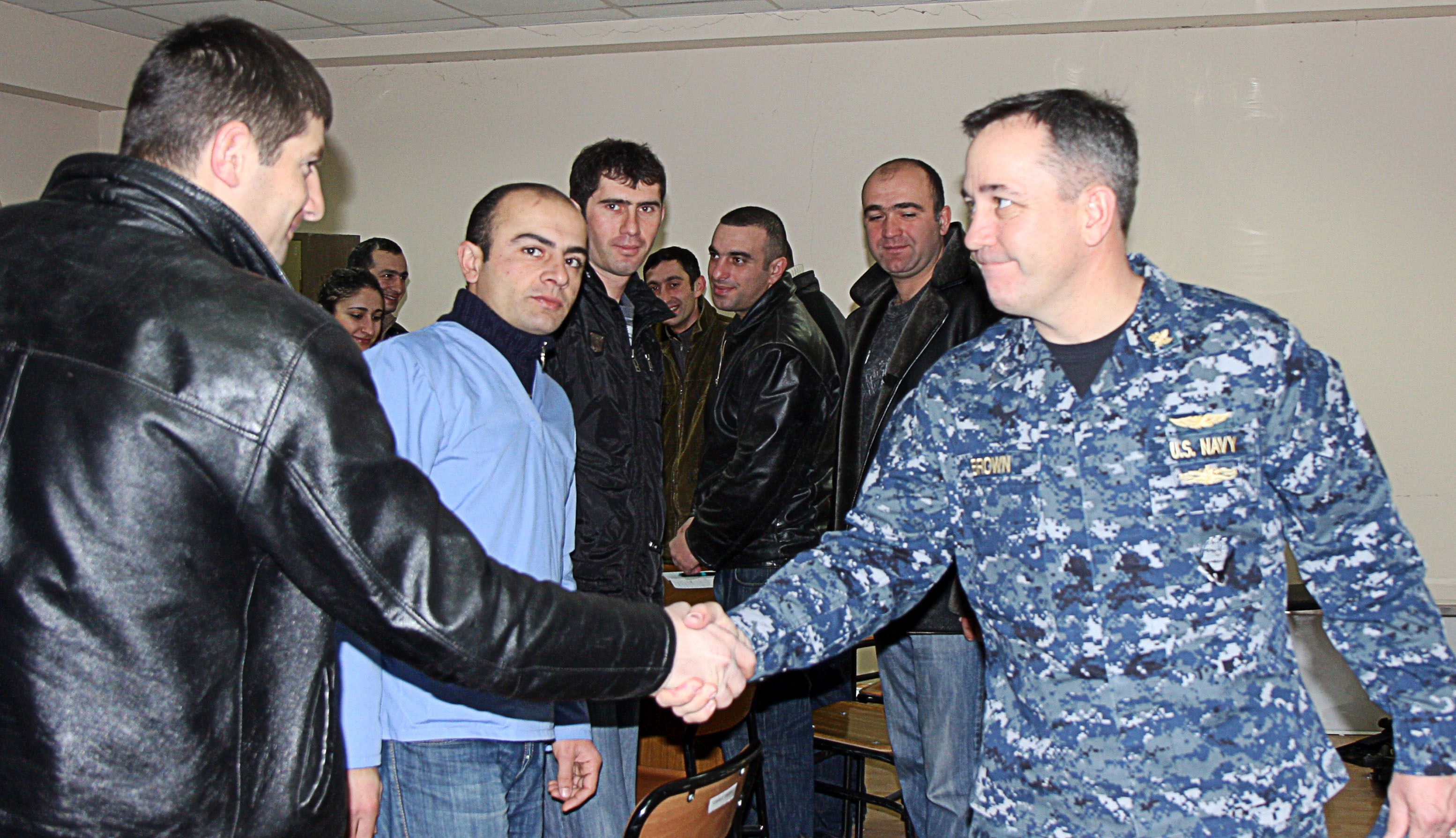
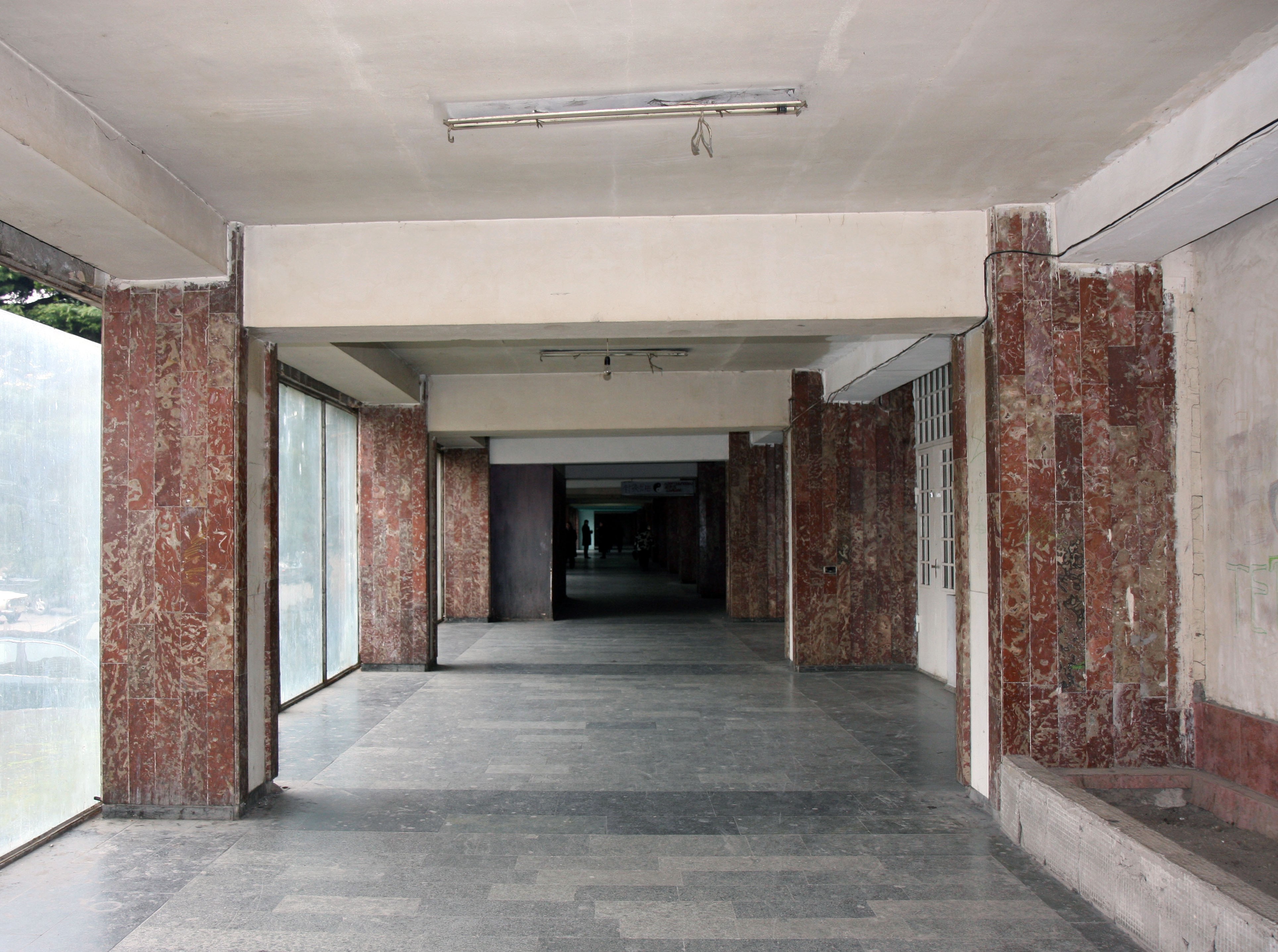
Social Sharing